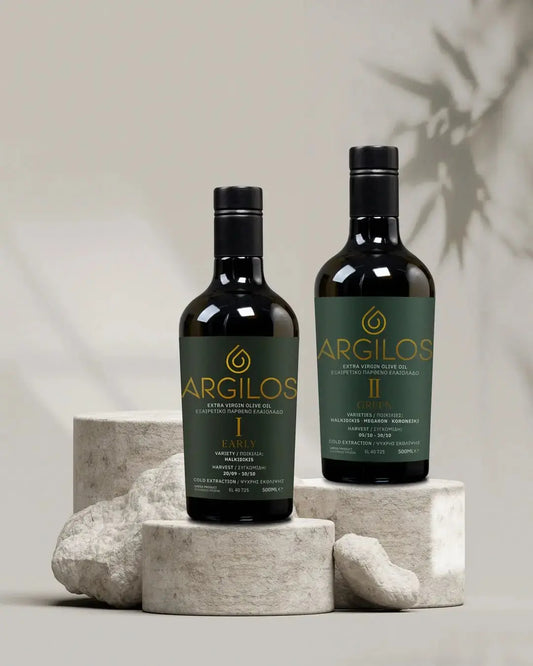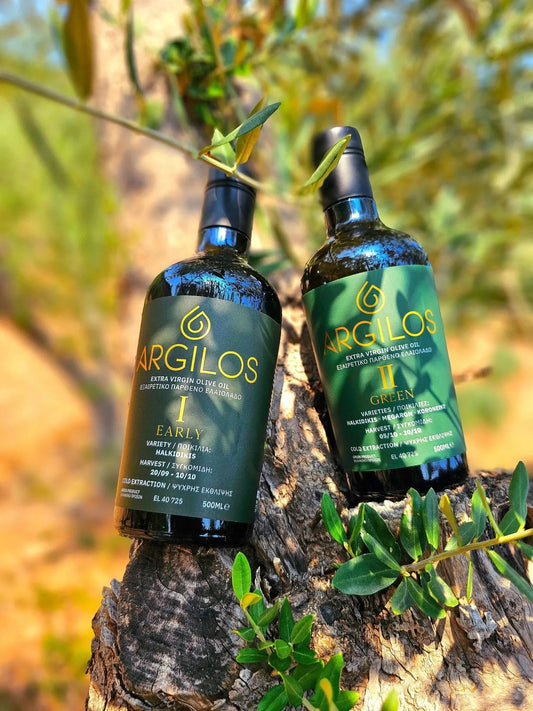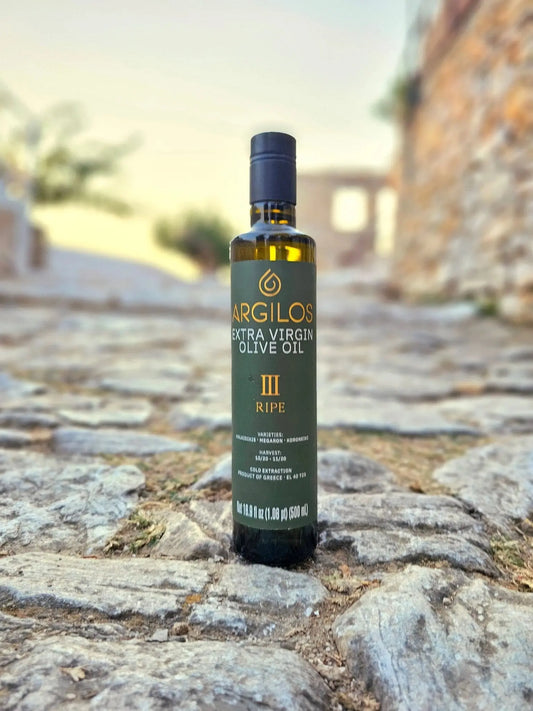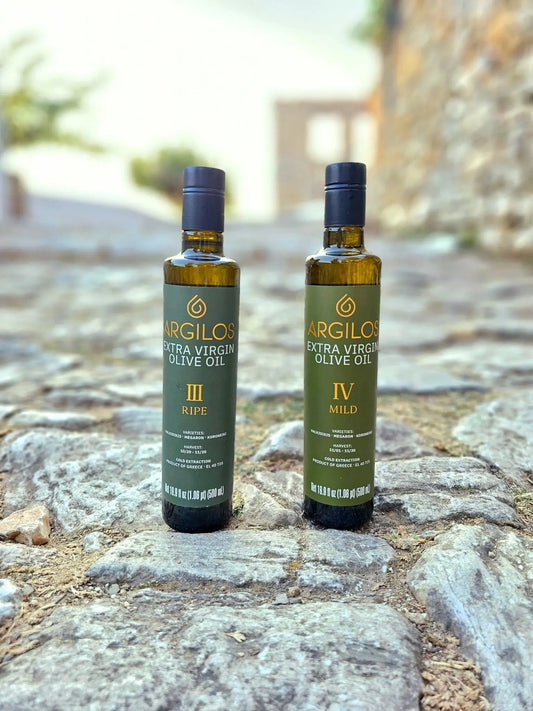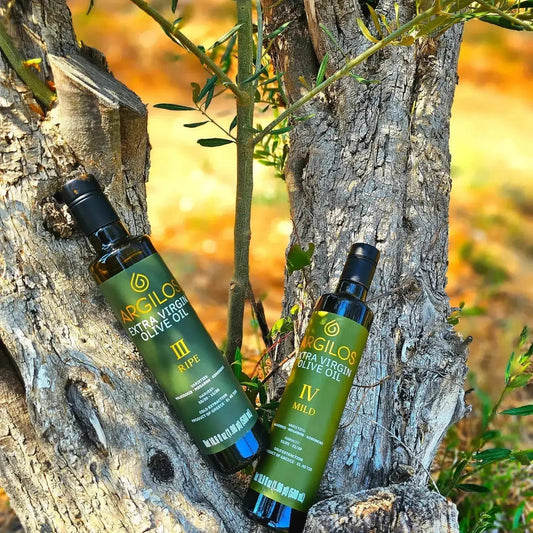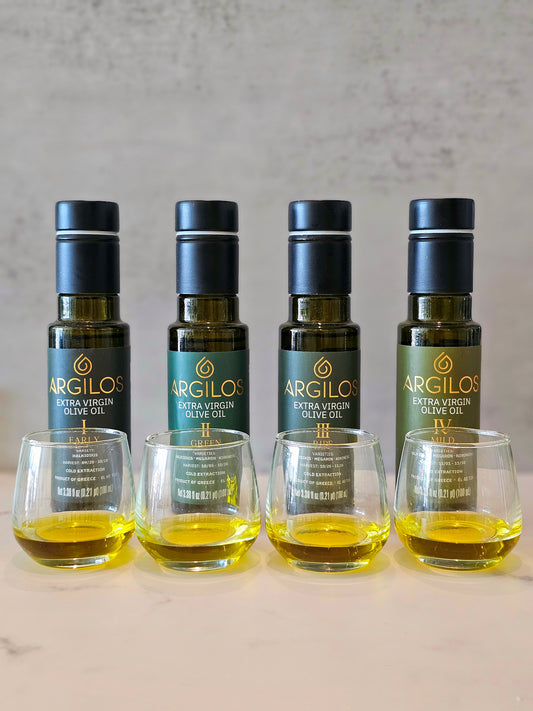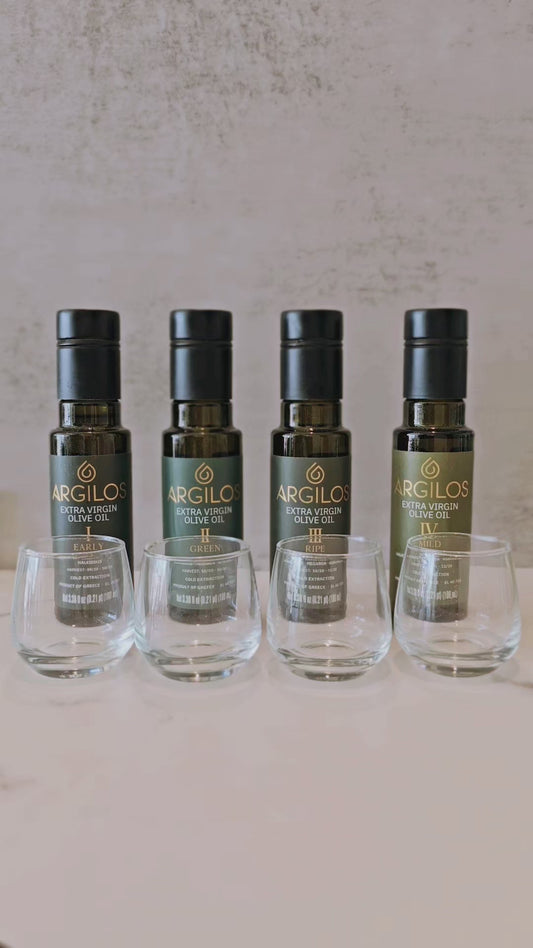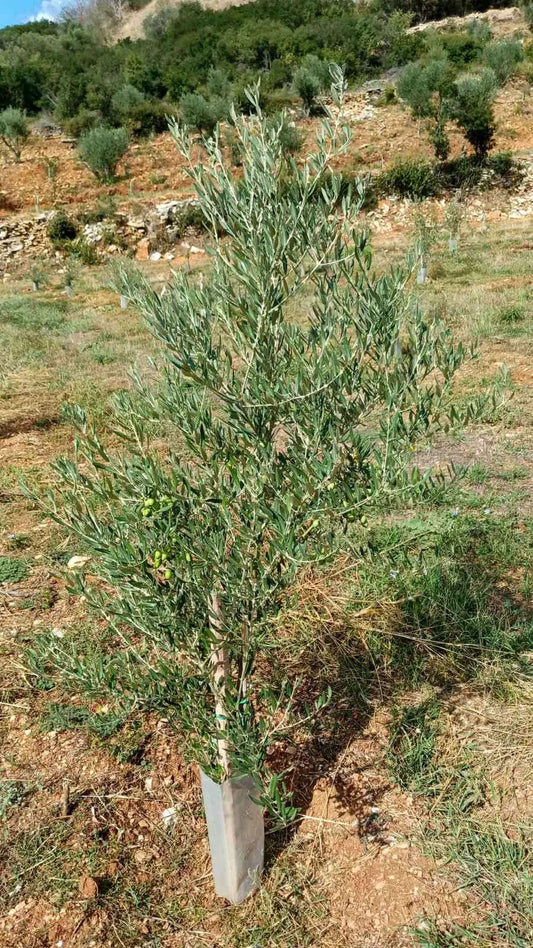Does Olive Oil Expire? Shelf Life, Storage Tips, and Signs of Spoilage
Share
Olive oil is a natural fat extracted from olives, the fruit of the Olea europaea tree, and is widely used for cooking, cosmetics, and traditional remedies. Like other edible oils, olive oil is a perishable product that does expire over time. Exposure to oxygen, heat, and light causes the oil to undergo oxidation and rancidification, breaking down its healthy compounds and altering its taste, aroma, and nutritional value.
The shelf life of olive oil depends on several factors, including the type of oil (e.g., extra virgin vs. refined), packaging material, and storage conditions. Unopened olive oil typically lasts 18 to 24 months, while opened bottles may remain fresh for about 6 to 12 months. Oils stored in dark glass bottles, kept away from heat and light, generally last longer.
While expired olive oil may not cause immediate health issues, using rancid olive oil can diminish the quality of your meals and may contribute to long-term oxidative stress. Understanding how long olive oil lasts and knowing when it has gone bad are essential for preserving its flavor and ensuring food safety.
Authoritative organizations like the International Olive Council (IOC) and the USDA emphasize the importance of proper storage to slow spoilage and extend freshness. Whether you're drizzling it over a salad or using it for sautéing, knowing the signs of deterioration and the actual shelf life helps ensure you're getting the full benefits of this ancient and nutritious oil.
Does Olive Oil Expire?
Yes, olive oil does expire. Although it doesn’t spoil in the same way as perishable foods, it undergoes oxidation, a natural process that causes the breakdown of fatty acids and antioxidants over time. This leads to a condition known as rancidity, where the oil loses its fresh flavor and aroma, becoming unpleasant and nutritionally degraded.

When olive oil becomes rancid, it often smells like crayons or old peanuts and takes on a bitter or metallic taste. You may also notice a greasy or sticky film forming around the bottle’s neck—an indication that the oil is no longer fresh. Although consuming expired olive oil occasionally is unlikely to cause immediate harm, long-term intake of oxidized oils may contribute to oxidative stress, which is associated with cellular damage.
Unlike products with a fixed expiration date, olive oil is typically labeled with a “best by” date, which reflects the period during which the oil retains optimal quality. After this date, the oil gradually loses flavor, aroma, and nutritional value, though it may still be safe to use if properly stored.
Several factors influence how quickly olive oil degrades. Extra virgin olive oil tends to last longer due to its higher antioxidant content. Oils stored in dark glass or metal containers resist light exposure better than plastic bottles. Meanwhile, heat, light, and air all accelerate oxidation, which is why storing olive oil in a cool, dark place with the cap tightly sealed is essential.
How Long Does Olive Oil Last?
The shelf life of olive oil depends on multiple factors, including the type of oil, how it's processed, packaging, and storage conditions. In general, unopened olive oil can last between 18 and 24 months from the bottling date. Once opened, its quality gradually declines and is best consumed within 6 to 12 months.

Extra virgin olive oil (EVOO), due to its higher content of natural antioxidants like polyphenols and tocopherols, tends to last longer than refined or light olive oils. However, this longevity is only preserved if the oil is kept in optimal conditions—away from heat, light, and air.
Storage plays a critical role in how long olive oil remains fresh. Oils stored in dark glass bottles or metal tins are more resistant to light-induced oxidation. In contrast, oils in clear plastic containers or stored near heat sources tend to degrade faster. Frequent exposure to air, such as through repeated opening, accelerates oxidation and shortens the effective life of the oil.
It’s important to note that olive oil doesn’t always show obvious signs when it starts to degrade. Even before developing a clearly rancid smell or taste, the oil may have already lost much of its beneficial nutrients and subtle flavor profile.
While some sources suggest refrigerating olive oil to extend its freshness, this can cause temporary clouding or solidification, especially in EVOO. However, this does not harm the oil, and it returns to liquid form at room temperature.
Ultimately, understanding how long olive oil lasts helps consumers use it within its peak quality window and avoid the diminished taste and health benefits associated with aged or poorly stored oil.
Storage Best Practices to Extend Shelf Life
Proper storage is the most effective way to extend the shelf life of olive oil and prevent it from becoming rancid. Because olive oil is sensitive to environmental factors like light, heat, and oxygen, minimizing its exposure to these elements helps preserve its flavor, aroma, and nutritional value.

1. Store in a Cool, Dark Place
Olive oil should be kept in a stable environment, ideally between 14–18°C (57–65°F). A kitchen cabinet away from the stove or a pantry is preferable. Avoid storing it near windows, ovens, or any heat-generating appliances, as elevated temperatures can accelerate oxidation.
2. Use the Right Container
The type of packaging significantly affects how long olive oil lasts. Dark glass bottles and stainless steel tins protect against light degradation. In contrast, clear plastic or transparent glass bottles allow light to penetrate and can lead to quicker spoilage. If the original container is not ideal, transferring the oil to an opaque, airtight bottle can help preserve it.
3. Seal It Tightly After Each Use
Each time olive oil is exposed to air, oxygen begins to degrade its fatty acids and antioxidants. Always close the cap tightly after pouring to reduce oxygen exposure and slow down rancidification. For large quantities, consider decanting smaller amounts into a separate bottle for regular use.
4. Avoid Contamination
Do not dip spoons, hands, or food directly into the oil bottle, as this can introduce moisture and bacteria. These contaminants may not only degrade the oil but can also create an environment where mold or off-odors develop over time.
5. Optional: Refrigeration
Refrigerating olive oil is not required, but it can extend its longevity, particularly in warm climates. Cold temperatures may cause cloudiness or solidification, especially in extra virgin olive oil, but this change is reversible and does not indicate spoilage. Letting the oil return to room temperature restores its clarity and fluidity.
By following these storage best practices, you can maximize how long your olive oil lasts and ensure its taste, aroma, and nutritional properties remain intact well past the “best by” date.
Frequently Asked Questions (FAQs)
1. How long does olive oil last once opened?
Once opened, olive oil typically lasts 6 to 12 months, depending on storage conditions. Exposure to air, light, and heat accelerates oxidation, reducing freshness. To maximize shelf life, keep the bottle sealed tightly and stored in a cool, dark place.
2. Does olive oil expire if unopened?
Yes, unopened olive oil does expire, but it generally has a longer shelf life—usually 18 to 24 months from the bottling date. Check the “best by” label for guidance, and store it away from heat and direct light to preserve its quality.
3. What happens if you eat expired olive oil?
Consuming expired olive oil occasionally is not likely to cause harm, but it may taste stale, bitter, or musty due to rancidity. Prolonged use of rancid olive oil could expose you to oxidative compounds, which may contribute to inflammation and cellular stress over time.
4. What is the shelf life of olive oil in plastic bottles?
Plastic offers less protection from oxygen and light compared to dark glass or metal tins, so olive oil stored in plastic bottles may spoil faster. The typical shelf life of olive oil in plastic containers is closer to the lower end of the 18–24 month range, and should be consumed within 6 months of opening.
5. How can I tell if olive oil has gone rancid?
Rancid olive oil often has a waxy, crayon-like odor or smells like old peanuts or putty. Its flavor may become flat, bitter, or sour. You may also notice a greasy texture or sediment at the bottom of the bottle. If any of these signs are present, it's best to discard the oil.

